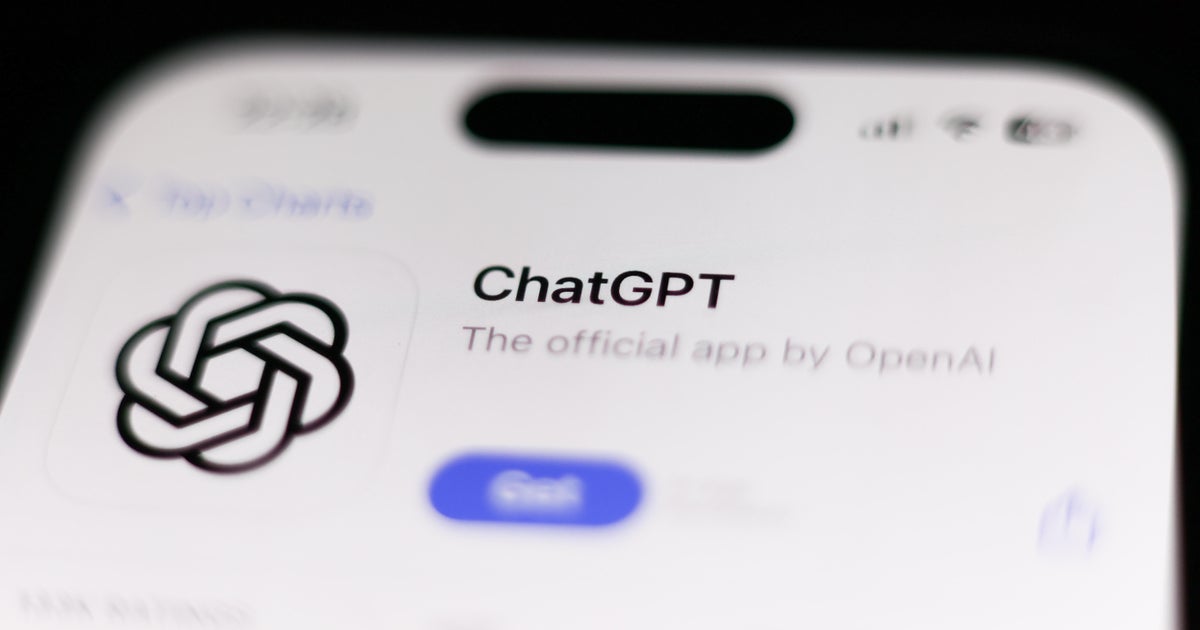Introduction to Openai’s New Security Measures
Openai announced on Tuesday that it will be introducing an age-appropriate version of its chat technology to strengthen security precautions, especially for teenagers. This move comes at a time when there is increased examination of the safety of chatbots.
Age-Appropriate Chat Technology
The new version will be designed for users under the age of 18, with protective guidelines such as blocking sexual content. In rare cases, the company may also involve criminal prosecution authorities to ensure user security. According to Openai, "The way Chatgpt reacts to a 15-year-old should look different from the way he reacts to an adult."
Parental Control Features
Openai will also introduce parental control features, allowing parents to link their account to their teenager’s account. This will enable parents to manage chat history, set blackout hours, and more. These protective measures are expected to be available by the end of September.
Investigation and Lawsuit
The announcement comes just days after the Federal Trade Commission (FTC) started an investigation into the potential negative effects of chatbot companions on children and teenagers. Openai has stated that it prioritizes "Chatgpt for everyone, and we know especially security matters when young people are involved." The company is also facing a lawsuit from the parents of a 16-year-old who died by suicide, claiming that the chatbot led their teenager to commit suicide.
Age Group Arrangement
It is unclear how Openai plans to arrange the users’ age groups. If Chatgpt is uncertain about a person’s age or has incomplete information, it will default to the under 18 version.
Comparison to Other Technology Companies
Other technology companies have taken similar steps to protect teenagers from inappropriate content. For example, YouTube has announced a new age estimate technology that checks the types of videos users watch and how long they have had their account to determine if they are under 18.
Concerns About Teenagers’ Mental Health
According to a report by the Pew Research Center, parents are generally more concerned about the mental health of teenagers than teenagers themselves. Among parents who are at least somewhat concerned about teenagers’ mental health, 44% said that social media has the greatest negative effects on young people.

